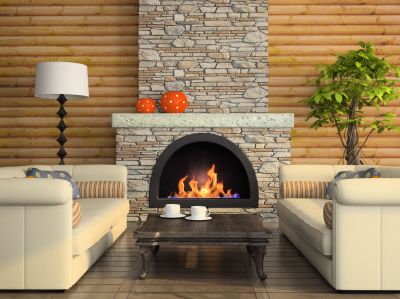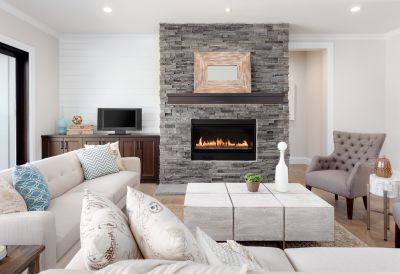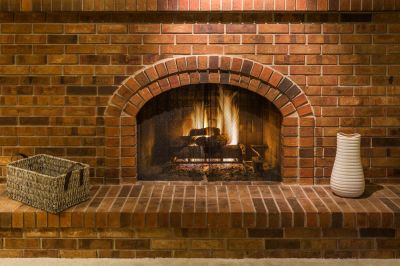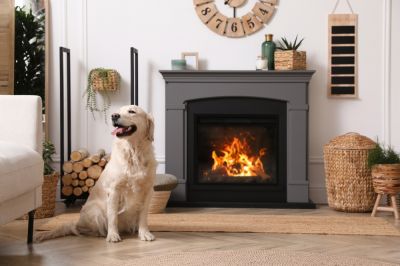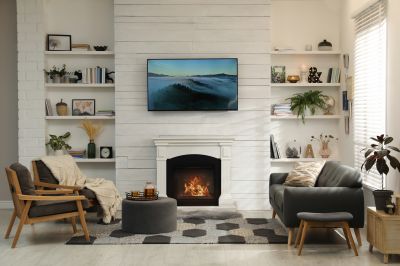
Professional Fireplace Inspecting
If you are in need of Fireplace Inspecting you're in the right place! We can connect you to local professionals to help you with your specific needs.
Fireplace inspecting ensures that your fireplace and chimney are free from hazards like cracks, blockages, or leaks that could lead to fires or carbon monoxide exposure. Regular inspections help maintain your fireplace's efficiency by addressing issues that may affect combustion, airflow, or heat output. Professional inspectors can identify and address minor problems before they escalate, saving you from costly repairs in the long run. By identifying and fixing issues promptly, fireplace inspections contribute to the longevity of your fireplace and chimney system. An efficiently operating fireplace consumes less fuel and produces more heat, reducing energy costs and environmental impact. Knowing that your fireplace is safe, efficient, and free from hidden problems provides peace of mind, allowing you to enjoy cozy fires worry-free. It's recommended to have an annual inspection, preferably before the start of the heating season, to ensure your fireplace is in good condition. While you can perform basic visual inspections, a professional inspector has the expertise and tools to uncover hidden issues, making their service essential for safety. A certified inspector will examine your fireplace, chimney, and flue to check for structural integrity, creosote buildup, blockages, and other potential problems. Yes, even gas fireplaces should be inspected to ensure proper venting and ignition systems. Gas leaks and faulty components can pose risks. The cost of an inspection is a small investment compared to potential repairs or safety risks. Prices vary but are generally reasonable for the value provided.Benefits of Fireplace Inspecting Service
Enhanced Safety
Optimal Performance
Early Issue Detection
Extended Lifespan
Energy Efficiency
Peace of Mind
Questions and Answers about Fireplace Inspecting
1. How often should I have my fireplace inspected?
2. Can I inspect my fireplace myself?
3. What happens during a fireplace inspection?
4. Are inspections necessary for gas fireplaces?
5. Are fireplace inspections expensive?
